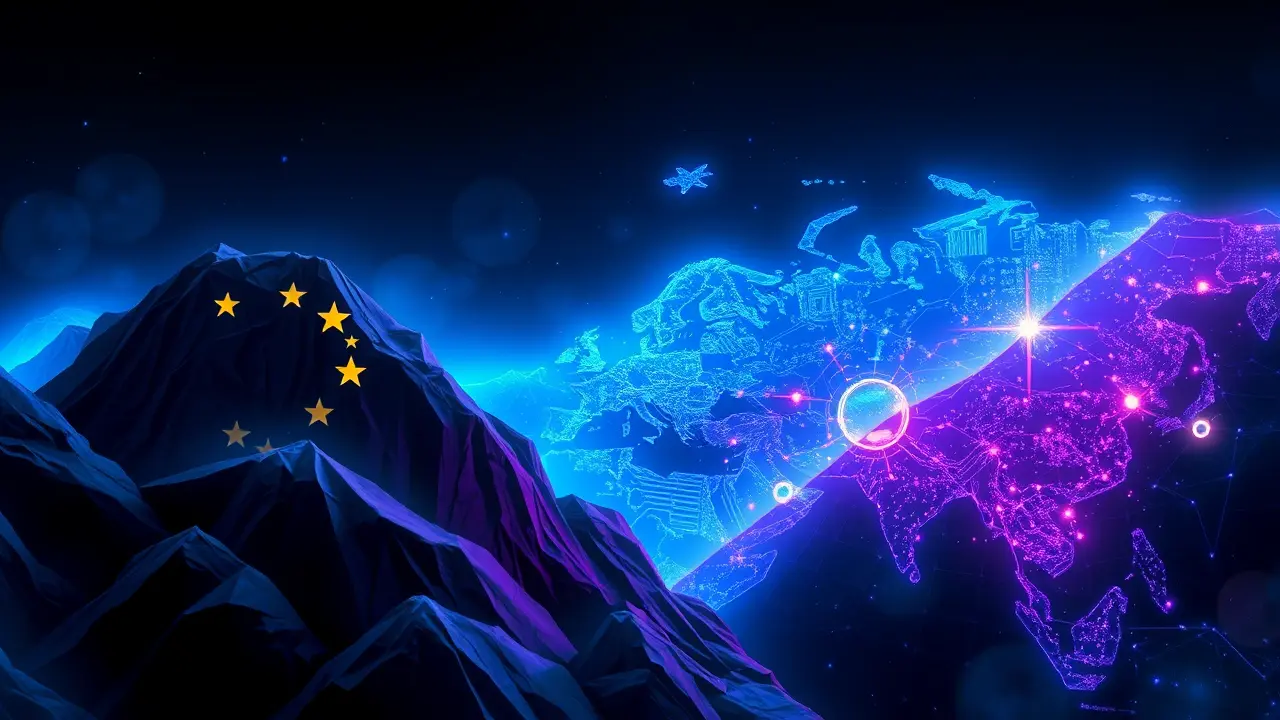China and EU to hold crisis talks on rare earths.
In a development that echoes the great resource diplomacy of previous eras, the European Union has initiated crisis talks with China over Beijing's restrictive policies on rare earth mineral exports, a confrontation with profound implications for the global balance of technological and military power. EU Trade Chief Maros Sefcovic's announcement that China’s commerce minister has accepted an 'urgent' invitation to Brussels represents a critical juncture in a long-simmering dispute, one that harks back to historical precedents where control over essential commodities became a primary instrument of statecraft.The immediate catalyst is China's recent broadening of export licensing requirements for rare earth elements and their corresponding magnets, components so vital they form the nervous system of modern civilization, powering everything from next-generation fighter jets and electric vehicles to wind turbines and sophisticated consumer electronics. This is not merely a trade skirmish; it is a strategic gambit.China, which currently dominates over 80% of the global rare earth processing capacity, wields this dominance with a calculated precision that recalls the oil embargoes of the 1970s, leveraging its near-monopoly to exert political and economic pressure. The case of Dutch-based chipmaker Nexperia, caught in the crossfire of this wider technological cold war, serves as a stark reminder of the vulnerabilities inherent in deeply interconnected supply chains.For the EU, whose ambitious Green Deal and digital sovereignty aspirations are wholly dependent on a steady flow of these critical materials, the stakes could not be higher. A failure to secure concessions from Beijing could cripple European manufacturing, inflate costs for the green transition, and leave its defense industries perilously exposed.Analysts observing the negotiation table will be watching for any shift in China's posture, knowing that its actions are likely guided by a long-term strategy to onshore high-value manufacturing and force foreign competitors into dependency. The West’s response, fragmented thus far, reveals a painful lesson from history: nations often neglect strategic resource security until a crisis is upon them.Past efforts by the United States and Japan to diversify supply after China’s 2010 rare earth embargo on Japan provided a temporary warning, but the re-concentration of market power in China since then underscores the immense difficulty of breaking such a stranglehold. The outcome of these Brussels talks will therefore resonate far beyond tariff schedules, potentially accelerating investments in recycling technologies, mining projects from Australia to Greenland, and the development of alternative materials.Yet, these are long-term solutions to an immediate and pressing vulnerability. As Sefcovic and his counterpart meet, they are not just haggling over export forms; they are engaging in a high-stakes dialogue that will define the geopolitical landscape for the coming decades, determining whether the road to a high-tech future is built on cooperative foundations or becomes another arena for great-power competition.
CU
CuriousCat6 hours ago
wow this is such a huge deal for green tech and everything, what do you guys think will happen? would love to hear more thoughts on this, it feels like we're all connected to this somehow
0
CU
CuriousCat9 hours ago
wow this is such a big deal for the green transition and our tech, feels like we're way too dependent on one place tbh what do you guys think the EU can even do here?
0
© 2025 Outpoll Service LTD. All rights reserved.
